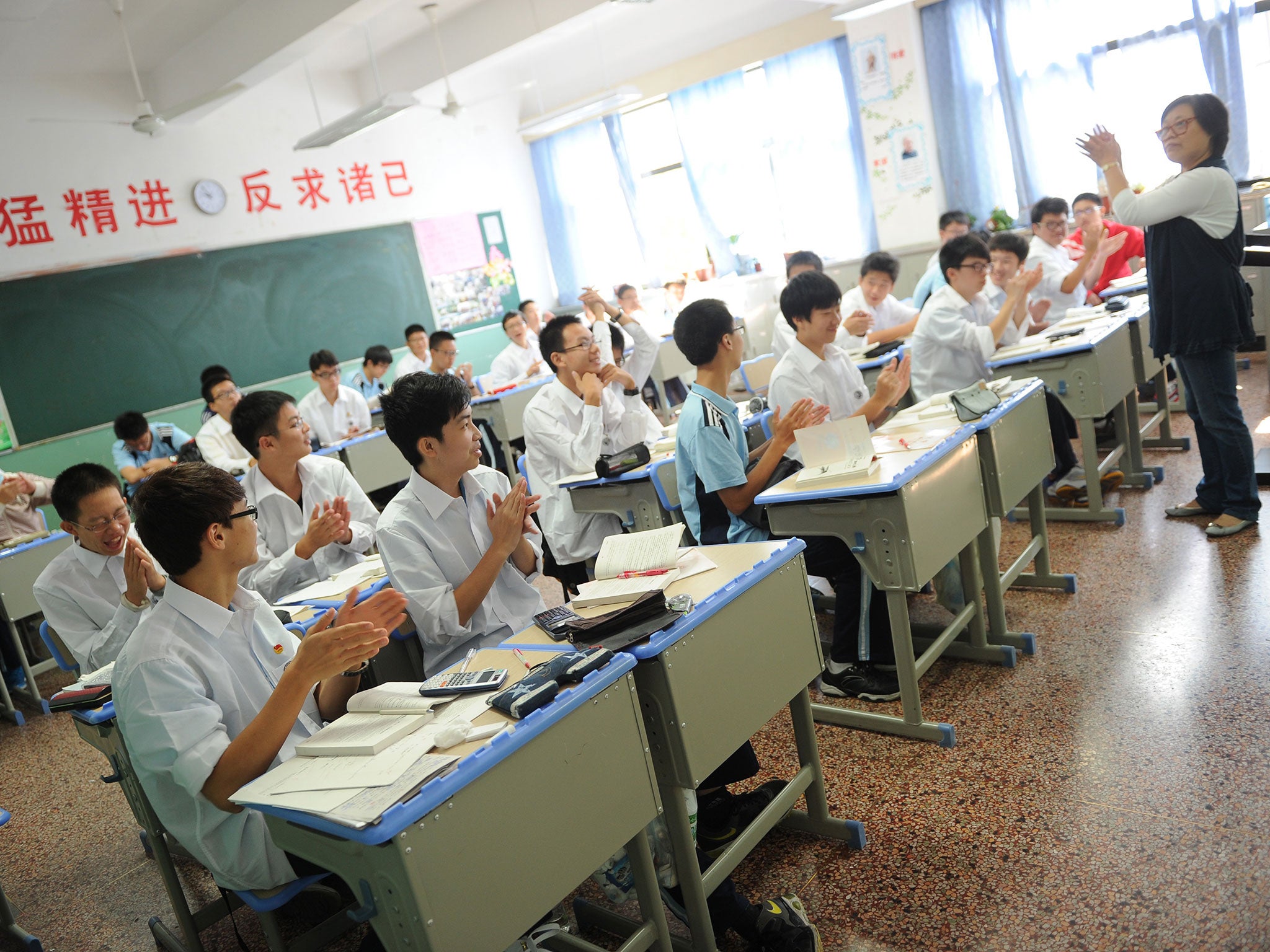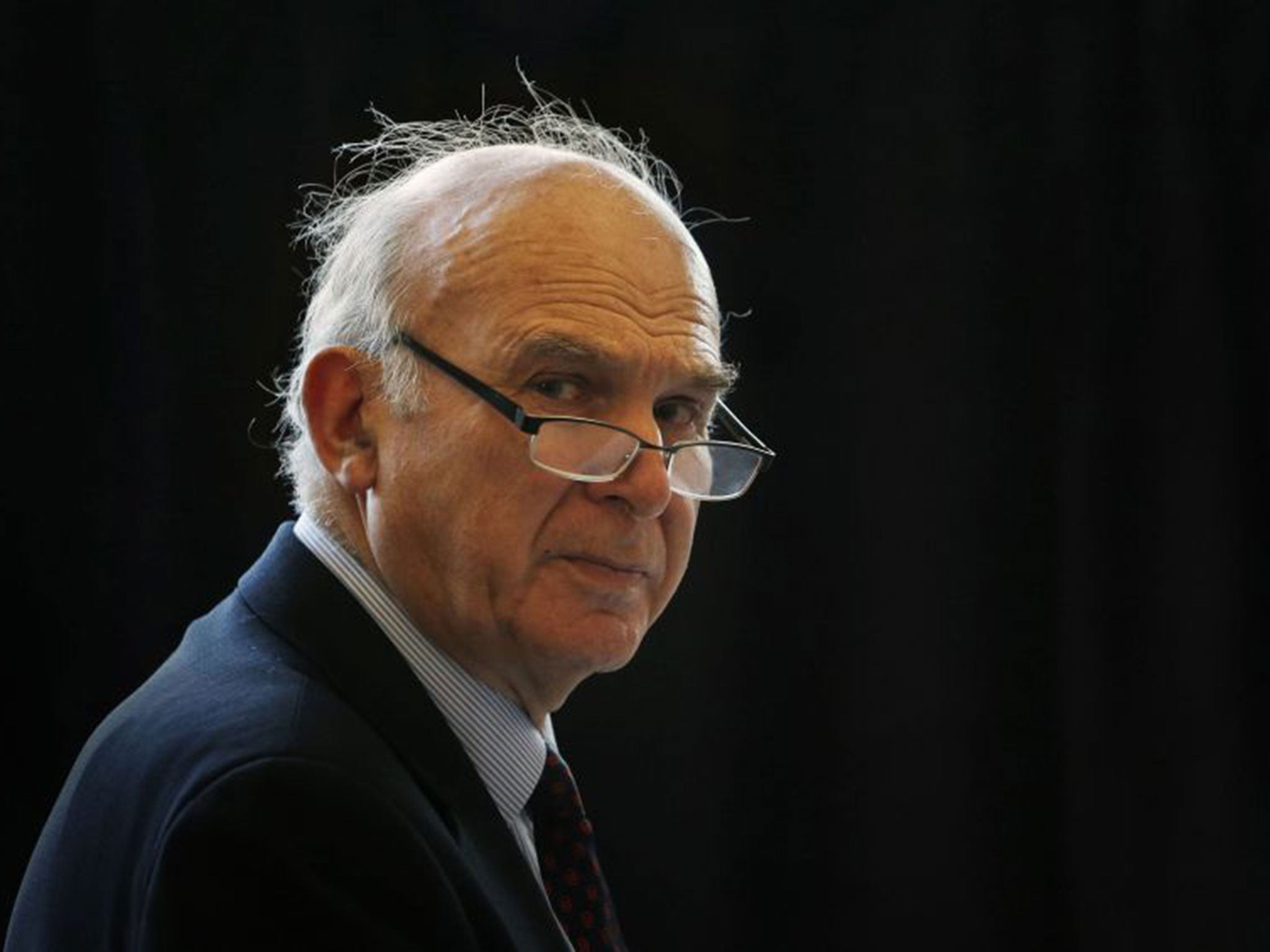Vince Cable says UK should send 80,000 pupils a year to China

By 2020 up to 80,000 UK students should visit China every year to take part in study or work experience programmes, Business Secretary Vince Cable has suggested. He called for Britain to “raise its game” and improve links with the country by addressing the huge disparity between the number of Chinese students who come to the UK and vice versa.
Only 5,400 UK students spent time studying in China last year, compared with 100,000 mainland Chinese students who travel to the UK each year, according to government figures. .
Mr Cable – who acknowledged that a lack of language skills was making the problem worse – made his appeal while visiting Sun Yat Sen University in Guangzhou.
“The global centre of gravity is shifting eastwards to major economic powerhouses like China,” he said. “But while China sends around 100,000 students each year to the UK, we send little more than 5,000 in the opposite direction.”
Mr Cable added: “New independent research shows that a lack of language skills in the UK is costing our economy about £48bn. The shortage of Mandarin speakers is part of the problem. I don’t want young British people to get left behind.”

He called on businesses to support a British Council programme which aims to see around 80,000 UK students take part in study or work experience programmes in China by 2020.
Mr Cable also announced that Sun Yat Sen University had signed a memorandum of understanding with the universities of Warwick and Glasgow to offer student exchanges. “Participants in this programme will not only boost their own career prospects, but become ambassadors for UK-China relations on their return home,” he added.
Earlier this year the education minister Liz Truss suggested that Chinese teachers were “more effective” than their British counterparts and their methods must be implemented in schools across the UK. During a state visit to China, Ms Truss said the “Shanghai method” should be brought in to improve Britain’s schools.
Such calls have been echoed by the likes of Tristram Hunt, the shadow Education Secretary, who said last year Britain needed to reform its education system to catch up with China. London Mayor Boris Johnson and Prime Minister David Cameron have both suggested that children should learn Chinese as a second language at school.
A recent study by the Organisation for Economic Co-operation and Development (OECD) found that students in Shanghai topped the rankings in a series of reading, maths and science tests administered by the organisation. The UK ranked 26th. Chinese pupils whose parents worked in blue-collar jobs did better than the offspring of British lawyers and bankers.
But British education also remains popular among wealthy Chinese families. The Hurun Report, a closely watched annual survey of China’s entrepreneurs and investors, suggested 29 per cent considered Britain the ideal country for their children’s secondary education, followed by the US with 26 per cent.
Join our commenting forum
Join thought-provoking conversations, follow other Independent readers and see their replies
Comments
Bookmark popover
Removed from bookmarks